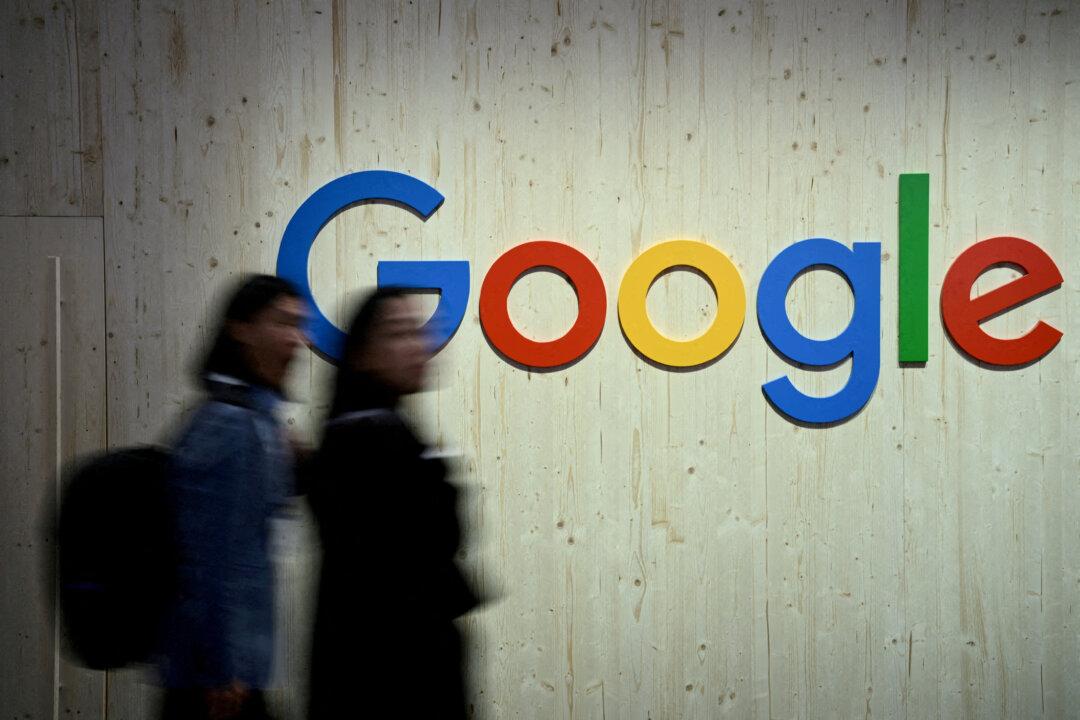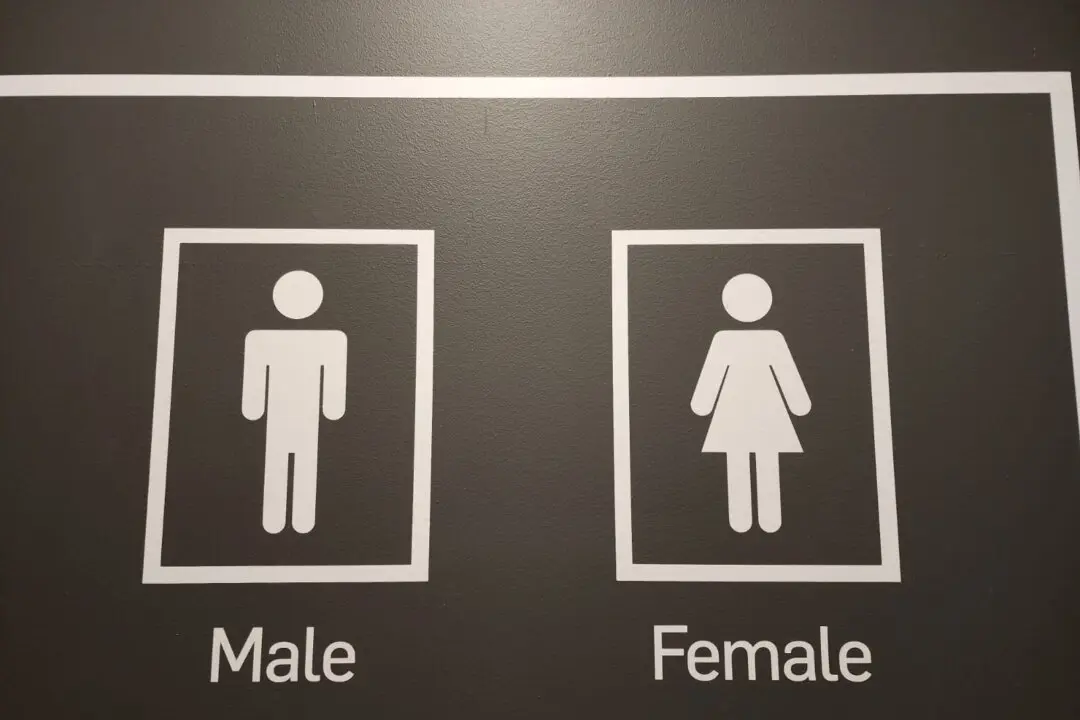Google has agreed to settle multiple data privacy lawsuits brought by Texas Attorney General (AG) Ken Paxton by paying $1.375 billion, the AG’s office said in a May 9 statement.
This is the “highest recovery nationwide against Google for any attorney general’s enforcement of state privacy laws,” said the statement. “To date, no state has attained a settlement against Google for similar data-privacy violations greater than $93 million.”





